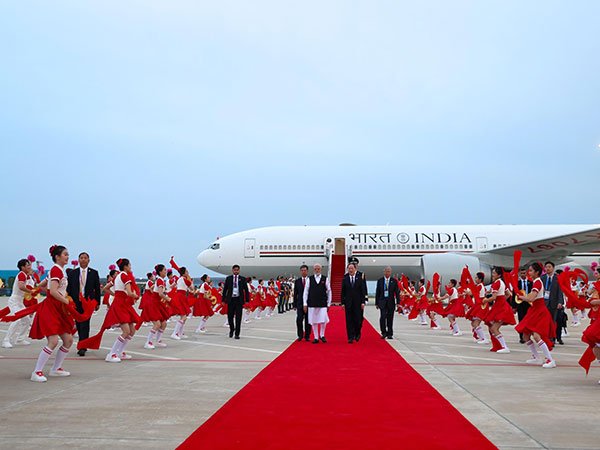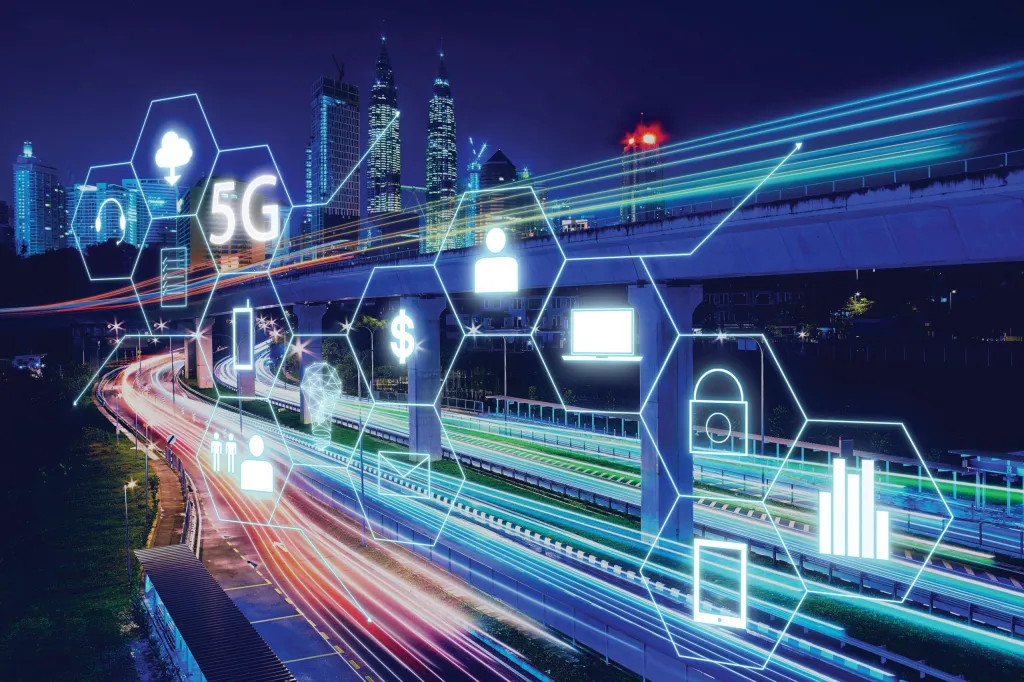The recently concluded 25th meeting of the Shanghai Cooperation Organisation (SCO) Council of Heads of State in Tianjin, China, was not merely another ritualistic congregation of Eurasian leaders, but a gathering freighted with both symbolism and substance. PM Modi’s presence in the Chinese port city, alongside leaders from Russia, Central Asia, Iran, Belarus and Pakistan, exhibited India’s strategic wager on the SCO as both a geopolitical platform and an ideological counterweight to the entrenched transatlantic order.
The SCO today is no longer the tentative security forum conceived in 2001. With ten full members commanding nearly $27 trillion in collective GDP and representing 43% of the global population, the organisation is morphing into an alternative pole of global governance. China’s $19 trillion economy towers over the bloc, while India’s $4.2 trillion and Russia’s $2.1 trillion complement Central Asia’s resource-rich but smaller economies. This combination of demographic heft, economic might and geographic contiguity makes the SCO a formidable geopolitical construct.
The Tianjin summit, held under the motto “Advancing the Shanghai Spirit: SCO in Action”, adopted an impressive catalogue of documents. From the Development Strategy until 2035, to roadmaps on energy cooperation, anti-narcotics centres and new structures to counter transnational security challenges, the SCO demonstrated institutional maturation. Significantly, declarations on artificial intelligence, sustainable energy and the digital economy projected the bloc’s ambition to shape not merely security discourses but also the technological and economic architecture of the future.
Modi’s intervention, structured around the triad of ‘Security, Connectivity and Opportunity’, was emblematic of India’s approach to regional multilateralism.
On security, he left little ambiguity. Terrorism, he argued, remains “a shared challenge to all of humanity”, and India’s scars from decades of militant violence lend moral authority to its warnings. His reference to the recent heinous attack in Pahalgam was both an elegiac invocation of national pain and a pointed reminder of the complicity of certain states in fomenting extremism. By calling out “double standards on terrorism”, PM Modi deftly foregrounded India’s long-standing grievance, that of, Pakistan’s indulgence in cross-border terrorism, while appealing to the collective conscience of the SCO.
On connectivity, the Prime Minister balanced ambition with principle. By invoking projects such as the Chabahar Port and the International North-South Transport Corridor (INSTC), he highlighted India’s desire to bridge Central Asia with the Indian Ocean. Yet, his insistence that connectivity must respect “sovereignty and territorial integrity” was a thinly veiled rejoinder to China’s Belt and Road Initiative, which notoriously tramples upon these very norms in Pakistan-occupied Kashmir.
On opportunity, PM Modi celebrated India’s presidency of the SCO in 2023 for introducing fresh domains such as start-ups, digital inclusion and youth empowerment. His proposal for a Civilizational Dialogue Forum signalled India’s intent to civilisationally legitimise the SCO, by placing shared cultural inheritances, from Buddhism to literature, on the multilateral agenda.
This summit unfolded against the backdrop of a fractious global environment – the unrelenting Russia-Ukraine war, Israel-Palestine hostilities, Indo-Pakistani security tensions, maritime spats in the South China Sea and not to forget, the economic dislocations of President Trump’s tariff wars. As Washington increasingly alienates allies and adversaries alike, Beijing seeks to project itself as a convenor of cooperative order. Hosting the SCO in Tianjin, ergo, was not accidental but a carefully choreographed spectacle to burnish China’s credentials as a responsible great power.
For India, the calculus is more nuanced. New Delhi recognises that the SCO, despite being China-centric, offers a vital arena to engage Eurasia, temper Pakistani hostility as well as prevent Russia from slipping irrevocably into Beijing’s embrace. Modi’s call for reforms in global institutions, particularly the ossified United Nations, struck a chord with fellow members who feel the Global South’s aspirations are being stifled by outdated frameworks. The metaphor of “displaying the colourful dreams of the new generation on a black-and-white screen” was classic Modi; it was a rhetorical flourish encapsulating the urgency of reform.
The significance of Modi’s attendance is twofold.
Firstly, it affirms India’s position as an indispensable Eurasian interlocutor. It allows New Delhi to highlight its red lines on terrorism and sovereignty, while simultaneously offering pathways of economic and civilisational cooperation. Engagement in the SCO complements India’s other multilateral bets namely, BRICS, G20 and the Quad, showcasing a diplomatic strategy of diversified forums rather than exclusive alignments.
For the global order, PM Modi’s presence together with Xi and Putin, signals the consolidation of an alternative pole of power. The SCO is no longer a peripheral Eurasian club but a forum capable of articulating visions on digital economies, green industries, artificial intelligence and sustainable energy, which are precisely the domains shaping the 21st century. It embodies the wider quest of the Global South for voice and agency in an international system long monopolised by Western prerogatives.
PM Modi’s sojourn to Tianjin was thus more than a ceremonial attendance. It was rather a carefully calculated manoeuvre situating India at the heart of Eurasia’s institutional geometry. In an age of fragmenting globalisation and resurgent geopolitics, the SCO represents both a challenge to Western hegemony and a springboard for alternative norms. By engaging robustly within it, India asserts not only its sovereignty but also its civilisational confidence, positioning herself as both a bridge and a balancer in an unsettled world order.



